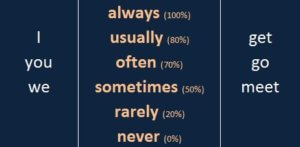Celebrations
7th & 8th Grades
Celebrations around the world
What is a celebration?
It is a joyful occasion for special festivities to mark some happy event.
What is the difference between holiday, festival and vacation?
The words holiday or vacation have related meanings in different English-speaking countries and continents, but will usually refer to one of the following activities or events:
- A general leave of absence from a regular occupation for rest or recreation
- A specific trip or journey for the purposes of recreation / tourism
- Official or unofficial observances of religious/national/cultural/other significance, often accompanied by celebrations or festivities (public/religious holiday)
So what is the difference between holiday, vacation and festival?
Holiday
Holiday is a contraction of holy and day, holidays originally represented special religious days. This word has evolved in general usage to mean any extra special day of rest (as opposed to regular days of rest such as the weekend).
Festival
A festival is an event, usually staged by a local community, which centers on some unique aspect of that community. There are numerous types of festivals in the world. Though many have religious origins, others involve seasonal change or have some cultural significance.
Vacation
In the United Kingdom the word "vacation" referred specifically to the long summer break. The French term is similar to the American English: "Les Vacances." The term derives from the fact that, in the past, upper-class families would literally move to a summer home for part of the year, leaving their usual family home vacant for countrywide holidays.
https://www.myenglishpages.com/english/vocabulary-lesson-celebrations.php



















